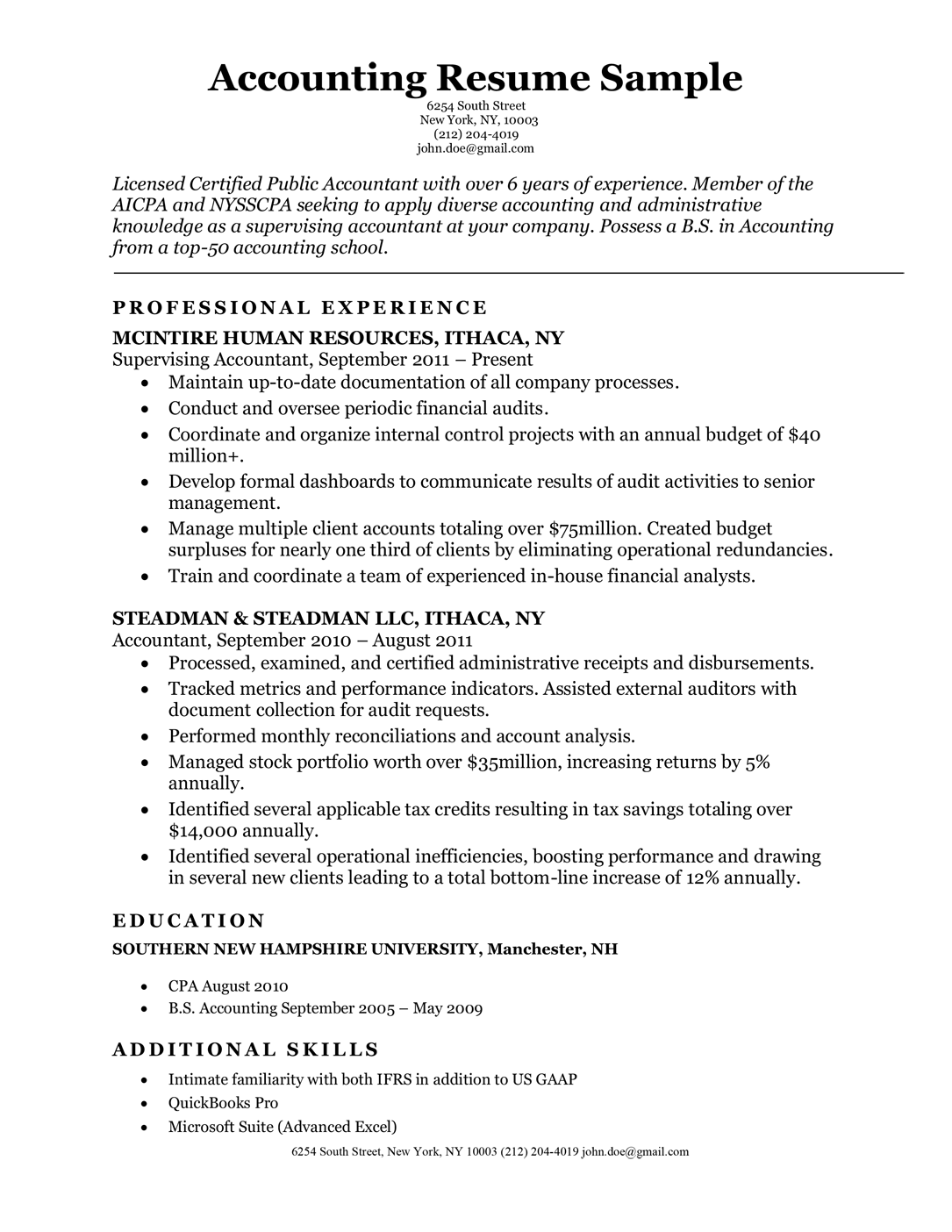
Before you ask: What does a bookkeeper do, exactly? This article will answer the question as well as give an overview of their responsibilities. Bookkeepers are responsible for bookkeeping as well as Payroll, Accounts receivable, and HR tasks. These are just a few of the many functions that a bookkeeper can perform. I hope you find this informative. Whether you want to become one yourself or hire a professional, we'll discuss their duties in detail.
Accounts receivable ledger
An accounts receivable leger is an important financial management tool. It allows you to track the customer accounts and organize them. This tool can be used to prioritize and organize each customer's credit balance. It makes it much easier to get credit balance information from each customer. Accounts receivable ledgers can help prevent fraud and embezzlement in a business. It is important to assign a specific responsibility in order for an accounts receivables ledger to be used effectively.

The most important document in the accounts receivable ledger is the customer invoice. The credit memo covers any goods returned or damaged during transit. The ledger also has a Notes page where you can add additional information. It is a good idea to keep a duplicate of your ledger for future reference. A copy can be made of it to ensure that you have a backup.
Payroll
Payroll for bookkeepers is something you may have heard of if there are any bookkeeping practices. It simplifies the whole process of managing employee payroll and HR management. Zenefits offers a range of customizable tools and a flexible workflow framework that is ideal for bookkeepers of any size. It offers additional benefits including commuter benefits, life and disability benefits, as well as dental and life insurance. This tool has an intuitive design and offers bureau premium support. This is especially important for new bookkeepers.
Payroll software simplifies managing large payrolls. It can integrate with other software like accounting and time attendance. Rippling offers complete packages of payroll and HR software. It offers unified employee databases, electronic document management, and online signatures. Rippling is a good choice for bookkeepers who want a more digital experience. Rippling offers a free trial to let you see how it works.
HR duties
They are the primary point of contact for the company. Their responsibilities include accounting system management and payroll. They are also responsible for communicating the company's mission, goals and values. They will also need to know the MMN program, which could include sustainable management practices and environmental protection. Additionally, they will need to manage financial risks and manage finances. HR and Bookkeeper are therefore closely connected.

Although the HR department performs fewer quantitative functions, they are still very important. Its primary purpose is to help employees find the best place for their talents and interests. HR coordinators manage employee files, update job descriptions, and are also responsible for managing employee files. They must also communicate with other departments, as well the executive team about HR policies. HR and Bookkeepers must be aware of their legal and ethical responsibilities. This includes compliance with employment laws.
FAQ
What does an accountant do and why is it important?
An accountant keeps track all the money that you earn and spend. They keep track of how much tax is paid and allowable deductions.
An accountant will help you manage your finances, keeping track of both your incomes as well as your expenses.
They assist in the preparation of financial reports for both individuals and businesses.
Accountants are essential because they need to understand everything about numbers.
A professional accountant can also help with taxes, so that people pay as little tax as they possibly can.
How do accountants work?
Accountants partner with clients to help them get the most out their money.
They collaborate closely with professionals like lawyers, bankers and auditors.
They also interact with departments within the company, such as sales and marketing.
Balanced books are the responsibility of accountants.
They calculate the amount of tax that must be paid and collect it.
They also prepare financial statements which show how well the company is performing financially.
What are the different types of bookkeeping systems?
There are three main types: hybrid, computerized, and manual bookkeeping systems.
Manual bookkeeping means using pen and paper to maintain records. This method requires constant attention.
Software programs can be used to manage finances through computerized bookkeeping. The advantage is that it saves time and effort.
Hybrid bookkeeping combines both manual and computerized methods.
What is an audit?
An audit is a review of a company's financial statements. Auditors examine the accounts of a company in order to make sure everything is correct.
Auditors check for discrepancies and contradictions between what was reported, and what actually occurred.
They also make sure that the financial statements are correctly prepared.
What is accounting's purpose?
Accounting gives an overview of financial performance. It measures, records, analyzes, analyses, and reports transactions between parties. It allows companies to make informed decisions about their financial position, such as how much capital they have, what income they expect to generate from operations, or whether they need additional capital.
Accounting professionals record transactions to provide financial information.
The organization can use the data to plan its future budget and business strategy.
It's essential that the data is accurate and reliable.
Statistics
- Given that over 40% of people in this career field have earned a bachelor's degree, we're listing a bachelor's degree in accounting as step one so you can be competitive in the job market. (yourfreecareertest.com)
- In fact, a TD Bank survey polled over 500 U.S. small business owners discovered that bookkeeping is their most hated, with the next most hated task falling a whopping 24% behind. (kpmgspark.com)
- a little over 40% of accountants have earned a bachelor's degree. (yourfreecareertest.com)
- a little over 40% of accountants have earned a bachelor's degree. (yourfreecareertest.com)
- According to the BLS, accounting and auditing professionals reported a 2020 median annual salary of $73,560, which is nearly double that of the national average earnings for all workers.1 (rasmussen.edu)
External Links
How To
Accounting for Small Businesses: How to Do It
Accounting is a critical part of running a small business. Accounting includes the preparation of financial reports and income statements, as well tracking expenses and income. Quickbooks Online is one of the software programs that can be used. You have many options when it comes to accounting for small businesses. The best method for you depends on your needs. Below are the top choices.
-
You can use paper accounting. You might prefer to use paper accounting, which can be very simple. This method is simple. You just need to keep track of your transactions each day. If you are looking to ensure that your records are accurate and complete, you may want to consider QuickBooks Online.
-
Online accounting. Online accounting allows you to access your accounts from anywhere and at any time. Wave Systems, Freshbooks, Xero and Freshbooks are some of the most popular options. These types of software allow you to manage your finances, pay bills, send invoices, generate reports, and much more. They have many great features and are very easy to use. These programs are a great way to save time and cash on your accounting.
-
Use cloud accounting. Another option you have is cloud accounting. It allows data to be securely stored on a remote server. Cloud accounting offers many benefits over traditional accounting systems. Cloud accounting does not require that you purchase expensive software or hardware. Your information is kept remotely and offers you better security. It also saves you time and effort in backing up your data. It makes it easy to share files with others.
-
Use bookkeeping software. Bookkeeping software is similar in function to cloud accounting. You will need to purchase a computer and then install the software. Once you have installed the software, the software will allow you to connect to the Internet so you can access your accounts whenever it suits you. You will also have the ability to access your accounts and balances directly from your PC.
-
Use spreadsheets. Spreadsheets are useful for entering financial transactions manually. A spreadsheet can be used to record sales figures for each day. A spreadsheet has the advantage of being able to modify them whenever you wish without needing a complete update.
-
Use a cash book. A cashbook records all transactions that you make. Cashbooks come in different sizes and shapes depending on how much space you have available. You can either keep separate notebooks for each month or one that spans several months.
-
Use a check register. A check register can be used to organize receipts, payments, and other information. To transfer items to your check list, all you have to do is scan them in your scanner. Once there, you can add notes to help you remember what was purchased later.
-
Use a journal. A journal is a type logbook that tracks your expenses. If you have many recurring expenses, such as rent, insurance, or utilities, this journal is the best.
-
Use a diary. Use a diary. It is simply a notebook that you keep for yourself. You can use it for tracking your spending habits or planning your budget.